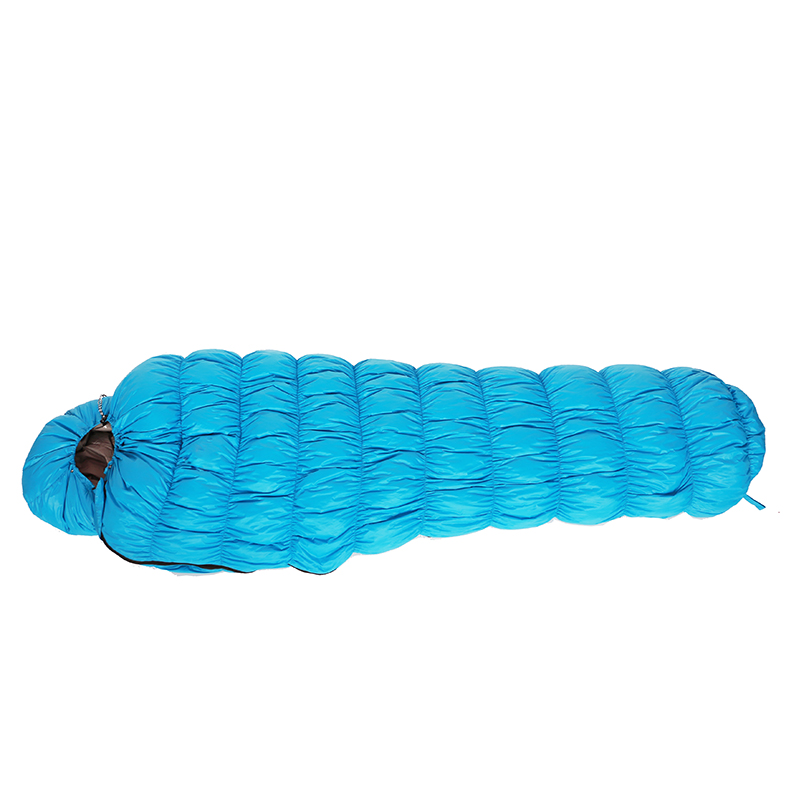
Aug . 14, 2024 02:45 Back to list
High-Quality Waterproof Camping Tents Designed by Leading Manufacturers for Outdoor Adventures and Comfort
The Importance of Choosing a Quality Waterproof Camping Tent A Guide for Outdoor Enthusiasts
When planning an outdoor adventure, one of the most crucial items on your checklist is a reliable camping tent. Among the various features to consider, waterproofing stands out as a significant attribute that can make or break your camping experience. With the diverse weather conditions nature can throw at you, understanding the importance of waterproof camping tents—especially from reputable manufacturers—is essential for any outdoor enthusiast.
Why Waterproofing Matters
Imagine setting up your tent on a beautiful, sunny day, only to be awakened by heavy rain in the middle of the night. A non-waterproof tent can quickly turn your serene getaway into a soggy disaster. Waterproof tents are designed to keep you dry, ensuring that you can sleep soundly, regardless of the weather outside. The material and construction of the tent play a vital role in its waterproof capabilities. High-quality manufacturers use advanced materials and techniques to create tents that can withstand prolonged exposure to rain and moisture.
Features of a Quality Waterproof Tent
1. Waterproof Rating Each camping tent comes with a waterproof rating, usually measured in millimeters (mm). A tent with a rating of 3,000 mm or higher is generally considered waterproof for most outdoor activities. When shopping for a tent, always check the specifications to ensure it meets your needs.
2. Sealed Seams A quality waterproof camping tent will feature sealed seams, which prevent water from seeping through the stitching. Many manufacturers use heat tape to seal the seams, adding an extra layer of protection against moisture.
camping tent waterproof manufacturer

3. Rainfly Most waterproof tents come with a rainfly, an additional layer that goes over the top of the tent. This layer helps to redirect water away from the tent body and provides extra insulation. Look for tents with full-coverage rainflies for the best protection.
4. Flooring Material The tent’s floor is often the last line of defense against water intrusion. Groundsheets made from durable, waterproof materials such as polyethylene or ripstop nylon can prevent moisture from seeping in, especially in wet ground conditions.
5. Ventilation Systems While staying dry is crucial, so is maintaining airflow within your tent. Quality waterproof tents incorporate ventilation systems, such as mesh windows and vents, to reduce condensation and humidity buildup, which can occur in a sealed environment.
Choosing a Reputable Manufacturer
When investing in a waterproof camping tent, it is essential to consider the manufacturer. Established brands typically have a proven track record for quality and customer satisfaction. Companies like Coleman, REI, and MSR are known for their commitment to producing durable and reliable camping gear. Reading customer reviews, seeking recommendations from fellow campers, and researching warranties can help you make an informed decision.
Conclusion
In conclusion, a waterproof camping tent is an indispensable investment for anyone looking to enjoy the outdoors without the fear of getting soaked by unexpected rain. By focusing on key features like waterproof ratings, seam sealing, and durable materials, campers can ensure they select a tent that meets their needs. Furthermore, choosing a reputable manufacturer can provide peace of mind, knowing that you’re backed by quality craftsmanship and customer support. Whether you’re embarking on a hiking trip or a weekend at the campground, the right waterproof tent will significantly enhance your outdoor experience—keeping you dry, comfortable, and ready to explore the beauty of nature.
-
Baggu Picnic Blanket: Compact, Waterproof & Stylish
NewsAug.08,2025
-
Foldable Picnic Rugs: Portable, Waterproof, Stylish Designs
NewsAug.07,2025
-
Waterproof & Large Camping Picnic Mat for Outdoors
NewsAug.06,2025
-
Cozy Kids Sleeping Bags with Tech Innovation
NewsAug.04,2025
-
Best Waterproof Picnic Mat - Premium Durability & Comfort
NewsAug.03,2025
-
Large Picnic Rug Waterproof - Spacious & All-Weather Blanket
NewsAug.02,2025
